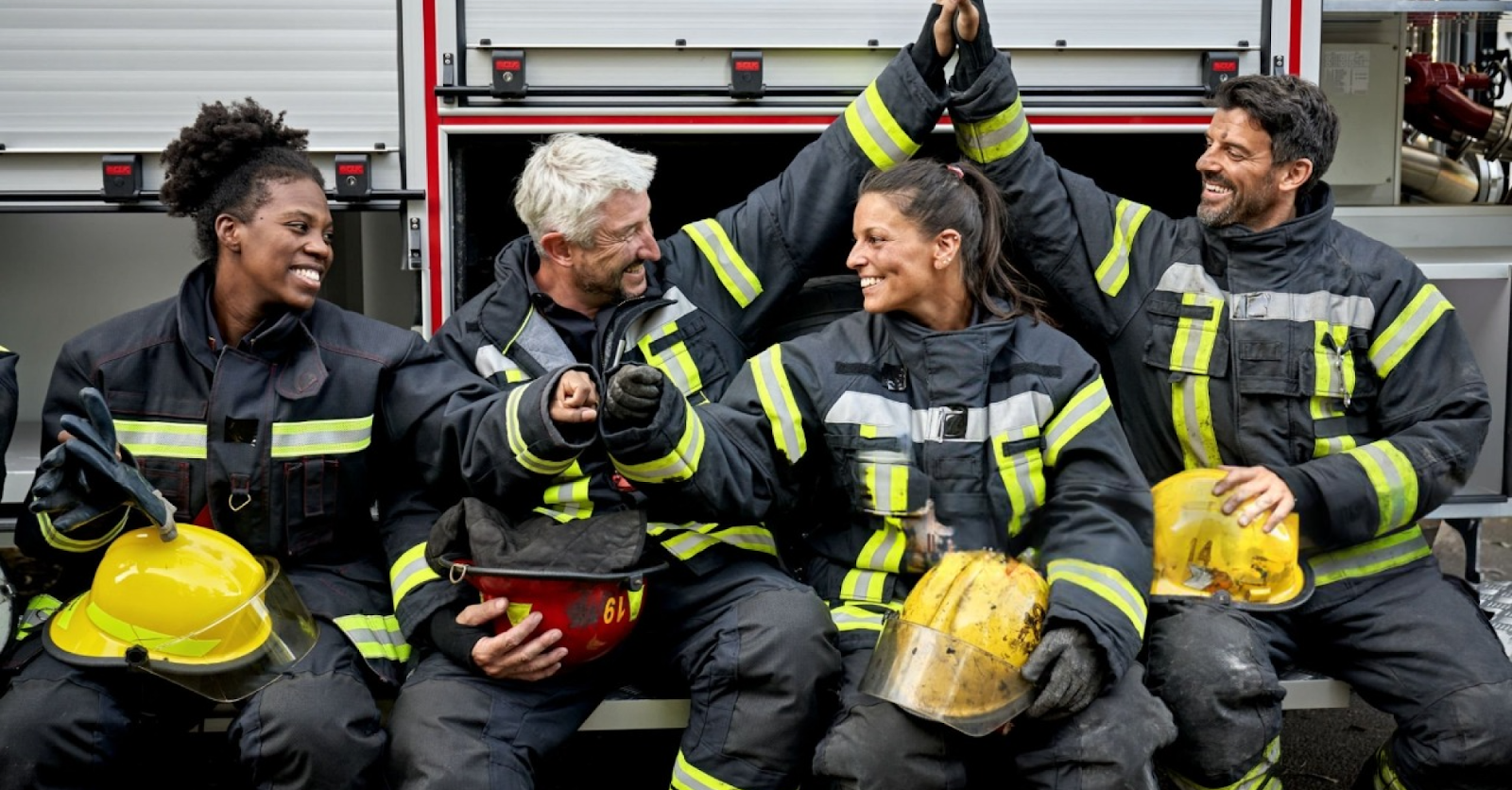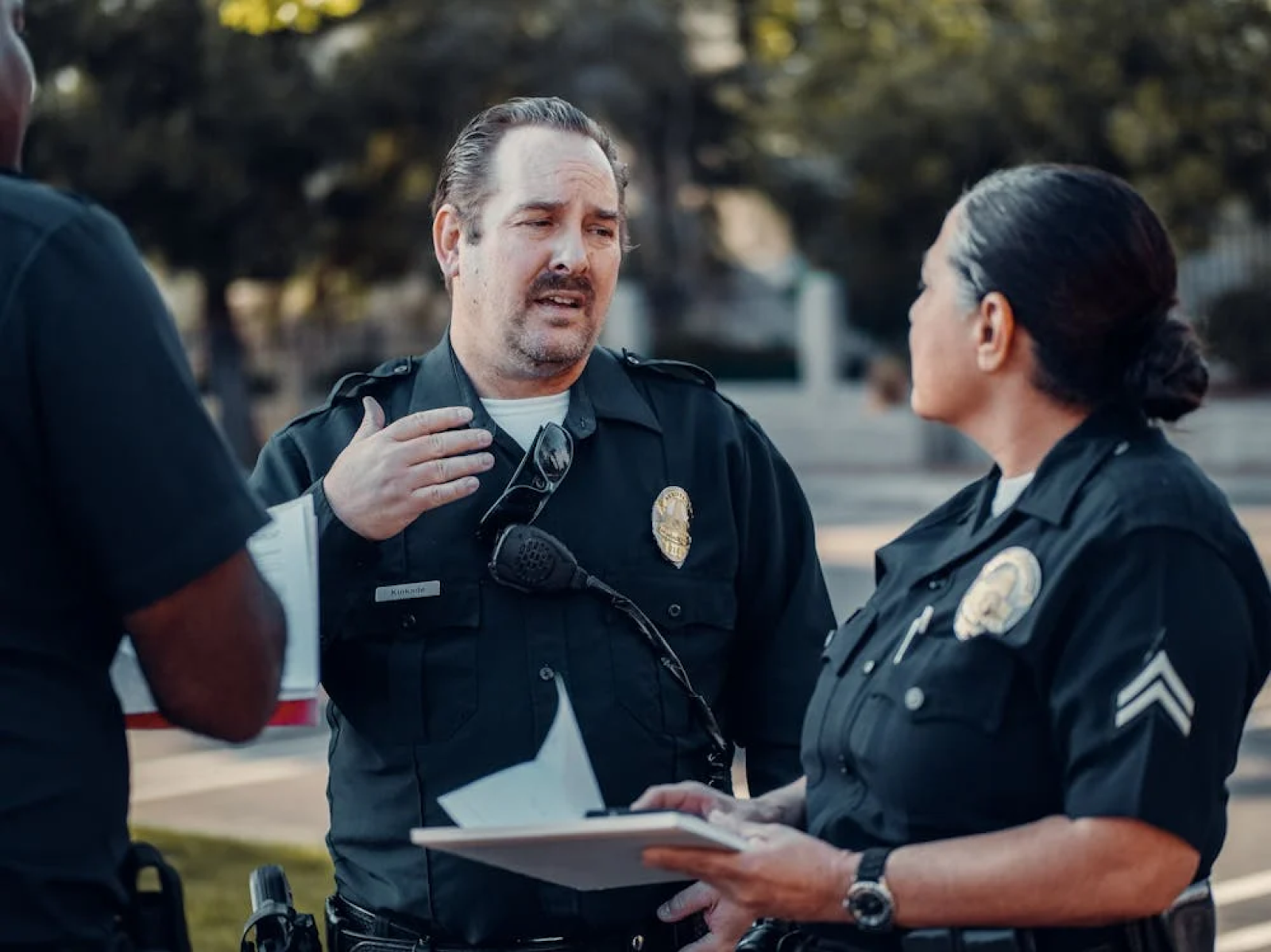Sometimes, the most healing words are, "I understand because I've been there too.

In recent years, a growing gap has emerged between healthcare professionals and individuals with mental health challenges. Peer Support Services have helped bridge this gap. First responders, who often witness trauma daily, face immense emotional strain. Barriers such as stigma, fear of being perceived as weak or unfit, and lack of time often deter them from seeking help. Research shows that while 60% of first responders report needing help, less than half receive it (Substance Abuse and Mental Health Services Administration, n.d.). Peer Support Programs are becoming a beacon of hope for these heroes who dedicate their lives to saving others (Corrigan et al., 2018).
Peer Support provides confidential assistance from individuals who have experienced similar challenges. These peers offer social, emotional, and practical support, making them uniquely equipped to relate to the stresses of the job. Peer supporters assist first responders during crises by:
Incorporating Peer Support into organizations fosters hope, engagement, resilience, and stronger teams (Greenhaus & Allen, 2020).

Exposure to traumatic events and the pressures of their roles put first responders at high risk for mental health issues such as Post-Traumatic Stress Disorder (PTSD), depression, anxiety, and substance abuse. Studies indicate that approximately 30% of first responders struggle with substance abuse, compared to 20% of the general population (National Alliance on Mental Illness, n.d.). Furthermore, repeated exposure to trauma increases the likelihood of PTSD by up to 32% in first responders (Bryant, 2019).
(International Association of Fire Chiefs, n.d.).
Organizations can establish Peer Support programs by identifying, training, and certifying first responders as peer supporters. Training should focus on confidentiality, active listening, and crisis intervention. Investing in these programs helps ensure peer supporters are well-prepared to assist their teams (National Alliance on Mental Illness, n.d.).
First responders can contribute by:
Seeking support is a sign of strength, not weakness.
In times of crisis, first responders run toward danger while others run away. The toll of witnessing trauma can be heavy, but through Peer Support, these everyday heroes find strength in each other. By sharing burdens too heavy to carry alone, they reclaim the mental health support they need. These programs are a lifeline, helping them continue their vital work.